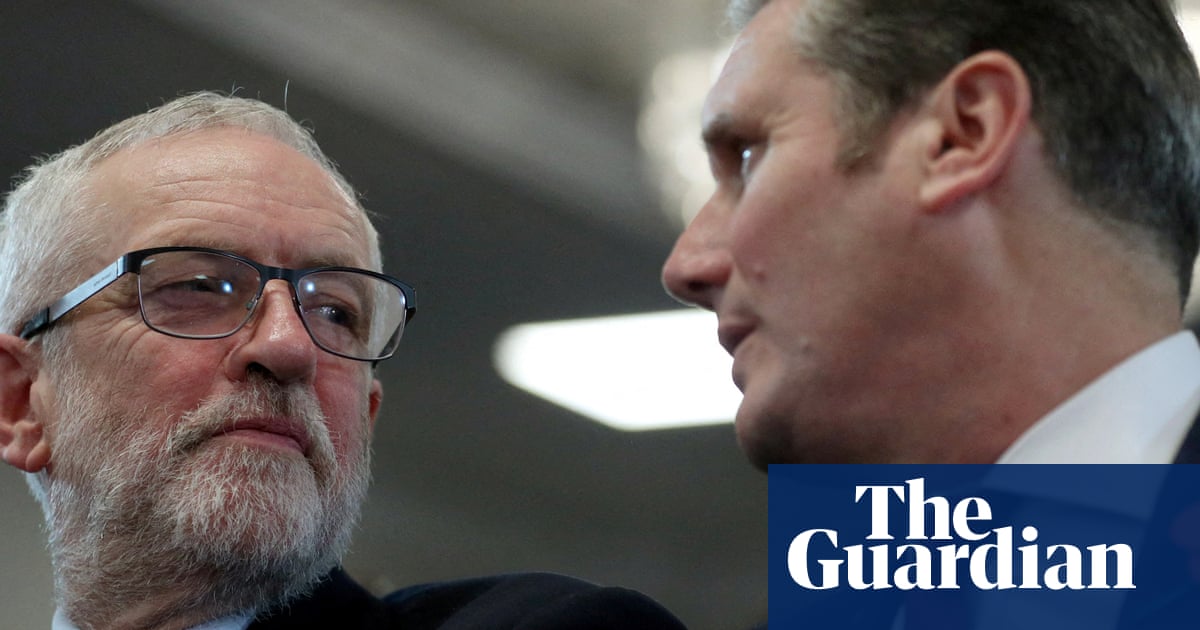The article delves into the reasons behind the Labour party's electoral defeats in 2017 and 2019, attributing significant blame to the internal factionalism within the party, particularly between supporters of Jeremy Corbyn and those opposed to him. By highlighting the divisions and contrasting the electoral results under different leadership, the piece aims to provoke discussion about accountability and the future direction of the party.
Factionalism and Accountability
The text underscores that factionalism within the Labour party was a critical factor leading to its losses. The mention of the independent Forde report adds credibility, suggesting that the internal strife hindered Labour's chances of forming a government. This suggests that responsibility should be shared among all party members involved in these factions, emphasizing a collective failure rather than singling out individuals.
Contrasting Electoral Results
By noting the difference in vote shares between Corbyn's leadership and Keir Starmer's subsequent defeat, the article raises questions about the effectiveness of Starmer's leadership. It implies that despite the internal turmoil, Corbyn's Labour managed to secure a larger portion of the vote, which could challenge the narrative that the party's left-leaning policies are unpopular.
Public Sentiment and Political Strategy
The letters section invites public engagement, which indicates an effort to gauge and possibly influence public sentiment regarding Labour's leadership and direction. The tone of the letters suggests an undercurrent of dissatisfaction with the current state of the party and a longing for a return to the policies that garnered broader support in 2017.
Potential Manipulative Elements
There is an implication that the article may seek to manipulate perceptions of leadership effectiveness and factionalism within the party. By focusing on blame and contrasting election results, it could be seen as painting a narrative that supports a particular faction within Labour, potentially sidelining other viewpoints. This aspect raises questions about the objectivity of the reporting.
Overall Trustworthiness
The analysis of the article indicates that while it raises valid points about factionalism and electoral performance, it may also have an agenda that could skew public perception. Thus, while the data referenced is factual, the presentation may lean toward a specific interpretation that serves to reinforce existing biases.
The article discusses a significant political issue that reverberates through Labour's history and future, making it relevant in the current political climate. Its implications for party dynamics, voter engagement, and the broader socio-political landscape are profound.
